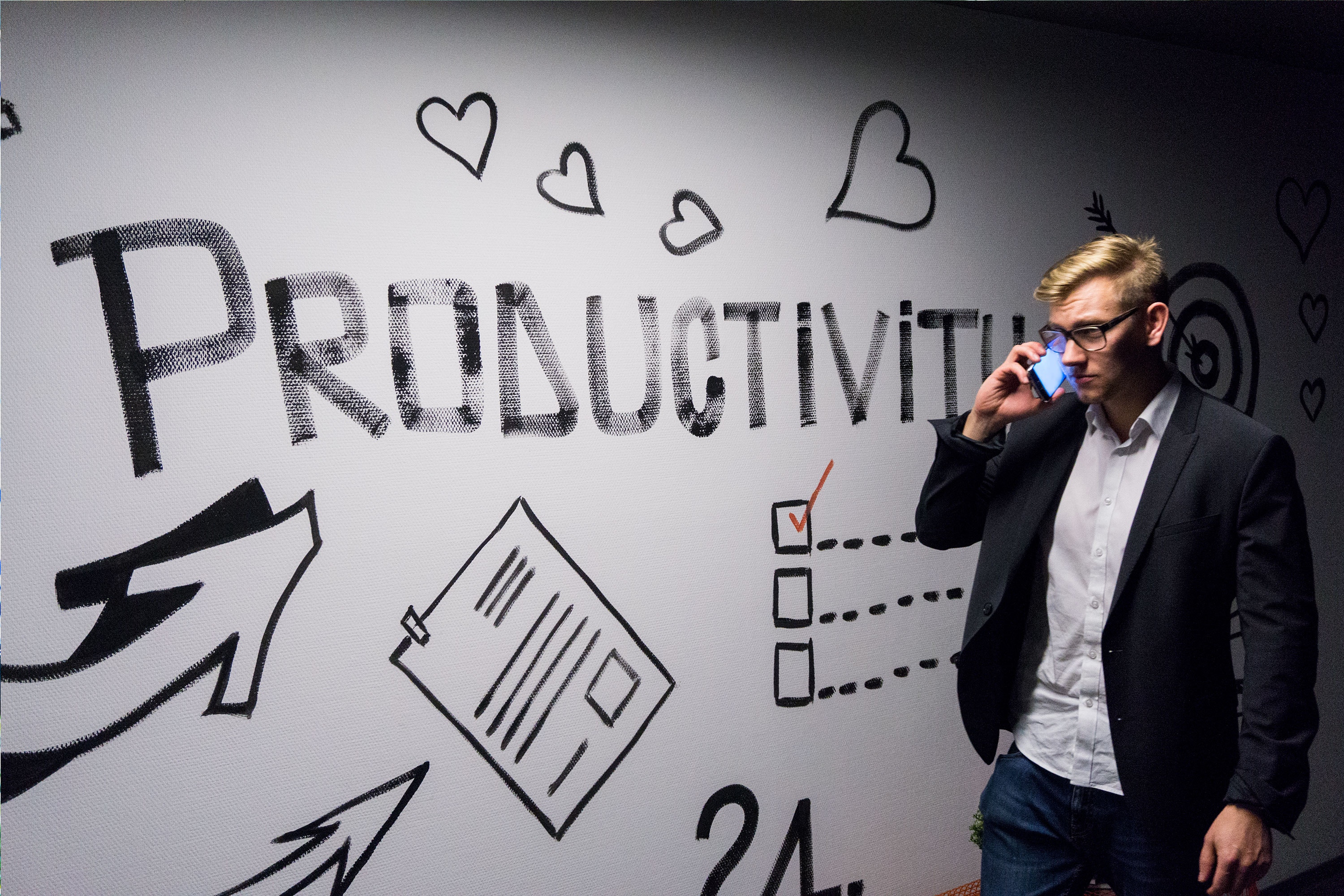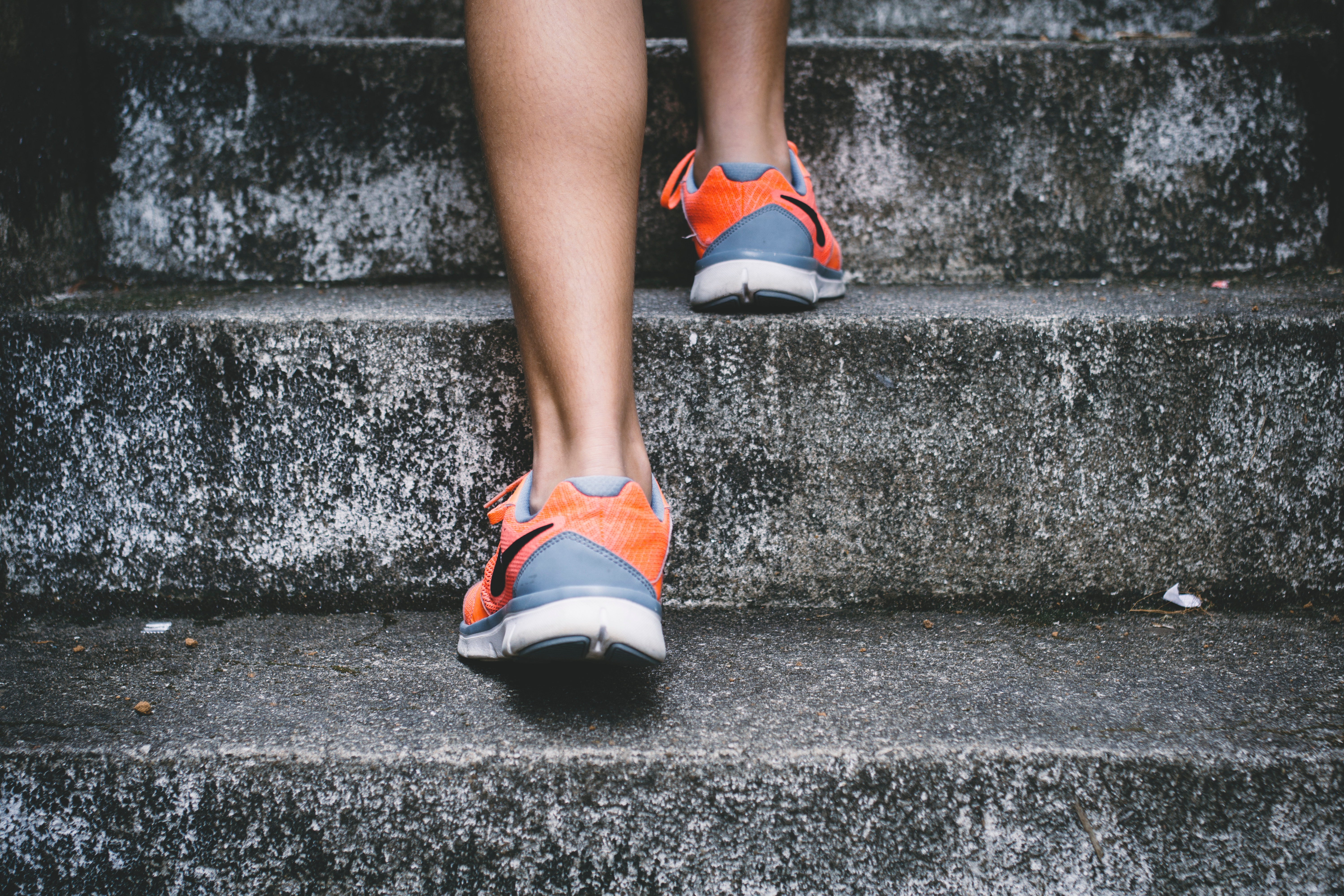
Let’s be honest: there’s an indisputable link between sleep and productivity.
No matter how many “productivity hacks” you try, a lack of deep, restful sleep is certain to leave you feeling groggy, sluggish, and bleary-eyed.
Here are 9 easy ways to take control of the situation and get back to feeling like your old energetic, productive self again:
1. Prioritize Sleep
We know that sleep is important, yet for some reason, many of us notice a sense of guilt when we think about getting more of it.Instead of feeling guilty and attempting to push yourself toward greater productivity by reducing sleep, it’s a good idea to do the opposite.
When you prioritise sleep, you allow your body and mind to refresh themselves. Better yet, you reduce the likelihood of suffering from serious health risks that accompany chronic sleep deprivation.
Just as you schedule other important activities like work and socializing, be sure to schedule your sleep time. Try to set a reliable routine by going to bed at about the same time every night and waking up at about the same time every morning.
Stick to your chosen schedule even during weekends and while on holiday, and you’ll find that you may even be able to wake up without an alarm.
2. Get Some Exercise
This next recommendation might seem counterproductive, but the connection between exercise and sleep has been proven time and again. In studies, regular exercise has been shown to reduce the amount of time it takes for participants to fall asleep. Even better, people who exercise tend to sleep deeper and feel more alert during their waking hours.

You don’t need a lot of exercise to sleep better, nor do you need to exert yourself to the breaking point. Getting to about 75% of your maximum heart rate by participating in fun aerobic exercise such as walking or riding a stationary bicycle for just 20 minutes four times per week should be enough to make a difference.
However, if you find you’re too busy to hit the gym, consider wearing weighted clothing to get your heart pumping during everyday tasks like gardening, cleaning, and walking.
Since fast-paced exercise can energize you, try to fit your workouts into the first half of the day. If you need to exercise later in the afternoon or evening, consider choosing activities at a slower pace. Try swimming, slower strolls, or easy yoga.
3. Optimize Your Sleeping Environment
The International Centre of Sleep Medicine recommends several practices to improve sleep, including optimizing your sleeping environment.
Choose a comfortable mattress and set your thermostat to a pleasantly cool temperature that facilitates your body’s natural pre-sleep temperature drop. 16.6 to 19.4 Celsius is ideal.
Additionally, it’s important to keep your bedroom dark and quiet and associate your bed with sleep instead of using it for watching TV, surfing the internet, and other non-sleep behaviors.
4. Improve Your Sleep Habits

If you know that you have unhealthy sleep behaviours like checking your phone while you’re in bed, drinking coffee late in the afternoon, or eating heavy night time snacks that keep you from resting comfortably, then it’s important to take steps to change these habits.
It takes time to change habits, so stick with it and keep making intentional choices. As you notice your new habits contributing to better sleep, you’ll feel more inclined to keep them up! It’s a good idea to try and get the whole family involved.
That’s because not only do adults require a regular sleeping pattern, children do as well. So, make sure to consider how sleep impacts your kids to ensure that you and your children are maintaining a healthy lifestyle. The chances are that if your children sleep better, you will too.
5. Don’t try to sleep on a full stomach
While you don’t want to go to bed hungry, you also want to avoid being overfull when it’s time to settle in for the night. It’s a good idea to schedule your last meal a few hours before bed so that your body has time to digest.
If you need a snack, consider a handful of magnesium-rich nuts, a bit of warm milk or nut milk, or an apple with your favorite nut butter. A piece of whole-grain toast with avocado or nut butter might be perfect, or you might prefer a banana, a bit of cereal, or even some shelled edamame beans.
6. Ditch technology
Maybe your boss is impressed when she/he notices that you’ve answered their email in the middle of the night, but this is one habit to suppress immediately.
Tablets, smartphones, laptops, PCs, and TVs emit blue light that suppresses melatonin and promotes wakefulness. Checking email, watching videos, playing games, and scrolling through your social media feed stimulate your brain and steal your sleep.
You don’t have to give up your gadgets completely. You can still enjoy electronics in the evening, but make an effort to put them away at least 30 minutes before bedtime.
7. Create a meditation habit
An evening meditation habit can relax you deeply and stop your brain from fixating on problems that might otherwise keep you feeling alert.
It’s normal to notice your thoughts wandering back to reality, particularly in the beginning. If you notice that you’re thinking about something, simply observe that “I’ve noticed something” and try to bring your thoughts back to your chosen meditation.
The more often you meditate while falling asleep, the easier it will be. Within a few weeks or months, you’ll probably find yourself dropping off faster than ever.
8. Don’t snooze alarms
While we’re on the topic of alarm clocks, let’s talk about how your snooze button impacts your body. When you wake up and then drowse back off to sleep, you’re likely to drop back into REM sleep and wake up feeling even worse than before.
The snooze button isn’t doing you any favors: instead, it’s making you feel drowsy. When your brain is in a fog, it takes longer to wake up and get into a productive mode.
The fix? Place your alarm clock somewhere far from your bed so that you have to physically get up and turn it off. Head for the bathroom and hop in the shower to wake yourself up and you’ll soon forget the temporary discomfort of exiting dreamland at 7 a.m.
9. Try not to check email first thing in the morning

If possible, avoid checking your email first thing in the morning and choose a more self-oriented morning routine instead. Take a shower, make yourself a nice cup of coffee, nourish your body and brain with a healthy breakfast, and try to go outdoors for a little bit of exercise first thing. If you have creative work to do, try to address it before getting into email.
What if you’re practising good sleep hygiene but you’re still waking up exhausted or having a tough time falling asleep? It’s possible that you could be suffering from a sleep disorder.
Don’t hesitate to ask for professional help if you find that poor sleep is getting in the way of your productivity or having a deleterious effect on your personal life. Once you uncover the root cause of your insomnia, you’ll be able to take steps toward improving your sleep and your health overall.

